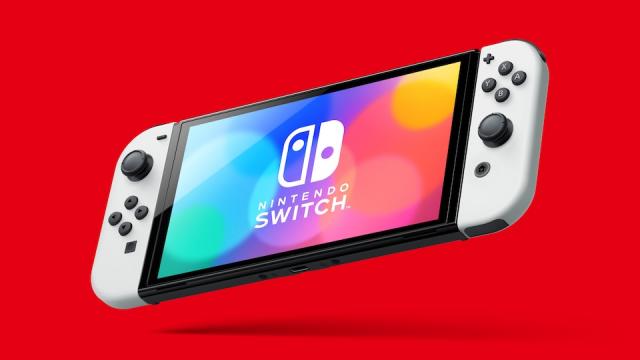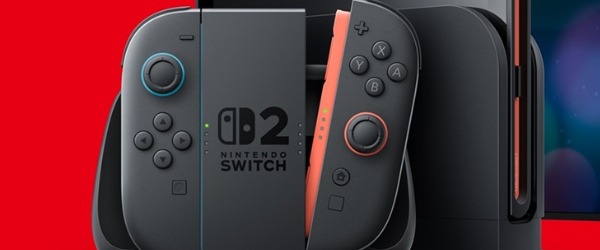
Switch Reportedly to Miss Production Target by 20% Due to Shortages - News
by William D'Angelo , posted on 02 November 2021 / 4,371 ViewsNintendo will reportedly fall short of its Nintendo Switch production target for the current fiscal year ending March 31, 2022 by 20 percent, according to a new report from Nikkei.
Nintendo had originally planned to produce 30 million Switch consoles in the current fiscal year, however, Nikkei reports Nintendo will now only be able to produce 24 million Switch consoles. This is due to the continued shortages of semiconductors and other electronic parts.
"We are assessing their impact on our production," a Nintendo spokesperson told Nikkei.

Nintendo President Shuntaro Furukawa has said the company was not able to manufacture as many console units as it had wanted to and there was still uncertainty over production.
The Nintendo Switch has sold over 93 million units worldwide as of October 23, according to VGChartz estimates.
A life-long and avid gamer, William D'Angelo was first introduced to VGChartz in 2007. After years of supporting the site, he was brought on in 2010 as a junior analyst, working his way up to lead analyst in 2012. He has expanded his involvement in the gaming community by producing content on his own YouTube channel and Twitch channel dedicated to gaming Let's Plays and tutorials. You can contact the author at wdangelo@vgchartz.com or on Twitter @TrunksWD.
More Articles
You're telling me that Nintendo missed a projection? Shocking!
Nikkei says they projected 30m but publicly they projected 25.5m.
We’ll see. That would mean they’ll basically sell zero units in Q1. Or have a dreadful holiday now.
So in theory 30M within this calendar year is still possible, if shortages take place after the holidays...
So the first quarter of 2022 will likely be weaker than expected. In turn the second half of the year could be bigger instead. I'm staying at my 21-22mil prediction.
First reported by... Oh sorry, I'd rather not virtue signal. Carry on.
There's nothing artificial about this. Creating artificially high demand only works if A) you have a plan to later fulfill that demand in some overwhelmingly profitable way, and B) you're making money on the product itself. Artificially high demand as a strategy tends to work best when it keeps the per-unit price high, but the per-unit price isn't really a limiting factor here. No one's clamouring for cheaper consoles, they're in fact paying huge premiums to scalpers to get them. Why would Nintendo, Sony, and Microsoft keep demand artificially high only for scalpers to be the ones profiting from that, rather than them? There's no business sense in that for them, so I think that disproves the theory.
Consoles are generally sold at or near cost, and supply persistently being below demand means that they're missing out on the opportunity to build up their ecosystem and sell games, services, and accessories to consumers who're getting increasingly frustrated at waiting. This is WAY too long for any sane company to keep demand artificially high (especially, as I say, when SCALPERS are the ones profiting from it, not the companies themselves).






















 Essay Pro
Essay Pro